Leadership Energy
We’ve observed far too many leaders who are less effective than they could be if they managed their energy better. Leaders reach a point of overwhelm when they allow their energy to be repeatedly depleted.
In The Power of Full Engagement: Managing Energy, Not Time, is the Key to High Performance and Personal Renewal, Tony Schwartz and Jim Loehr shared a revolutionary concept. Rather than focus on managing our time, we need to manage our energy.
Energy is the strength and vitality required for sustained physical or mental activity. Everyone has the same amount of time. Energy varies from one person to another. The decisions you make (eating, sleeping, exercise, where you focus your attention) impact how much energy you have.
Focus on What Matters. Your calendar is evidence of what’s most important to you. Get clear on what matters most. Not all activities are of equal value. Not everything you do has to be done by you. If the activity doesn’t contribute to the outcomes you’ve said are most important, then eliminate it. If the activity can be delegated without impacting the outcome, then delegate it.
Plan for Renewal. Life happens in a series of cycles. Top performers and athletes know this and train accordingly. To be at your best it’s critical to build in rest and recovery after periods of intensity. When we operate in a straight line with continuous action and no recovery, we diminish our productive potential.
Close the GAP. If you aren’t operating at your peak, how can you expect others to be at their best? Apply what you know to ensure that your body is fueled well and is full of energy. You know what healthy eating means (more green, less sugar.) You know that movement matters (exercise has been shown to boost the brain, increase longevity and more – just do it!) You will achieve optimal performance when you close the GAP between what you know and what you do.
Make Time to Think. Are you ensuring you have enough time to think? Successful leaders schedule time for thinking. Make time to step back, evaluate the bigger picture and ask questions about the direction you are going. 39% of participants in a NeuroLeadership Institute survey said that they do their best thinking at home. Generally, that is because home is a less distracting environment. Where do you think best and how can you do more thinking? After all, leaders are paid to think and act, not just act.
Excellence in leadership goes beyond the basics of effective communication, leading change well and setting strategy. Lack of energy management is a recipe for a mid-life crisis. We encourage you to get intentional about how you manage your energy.

